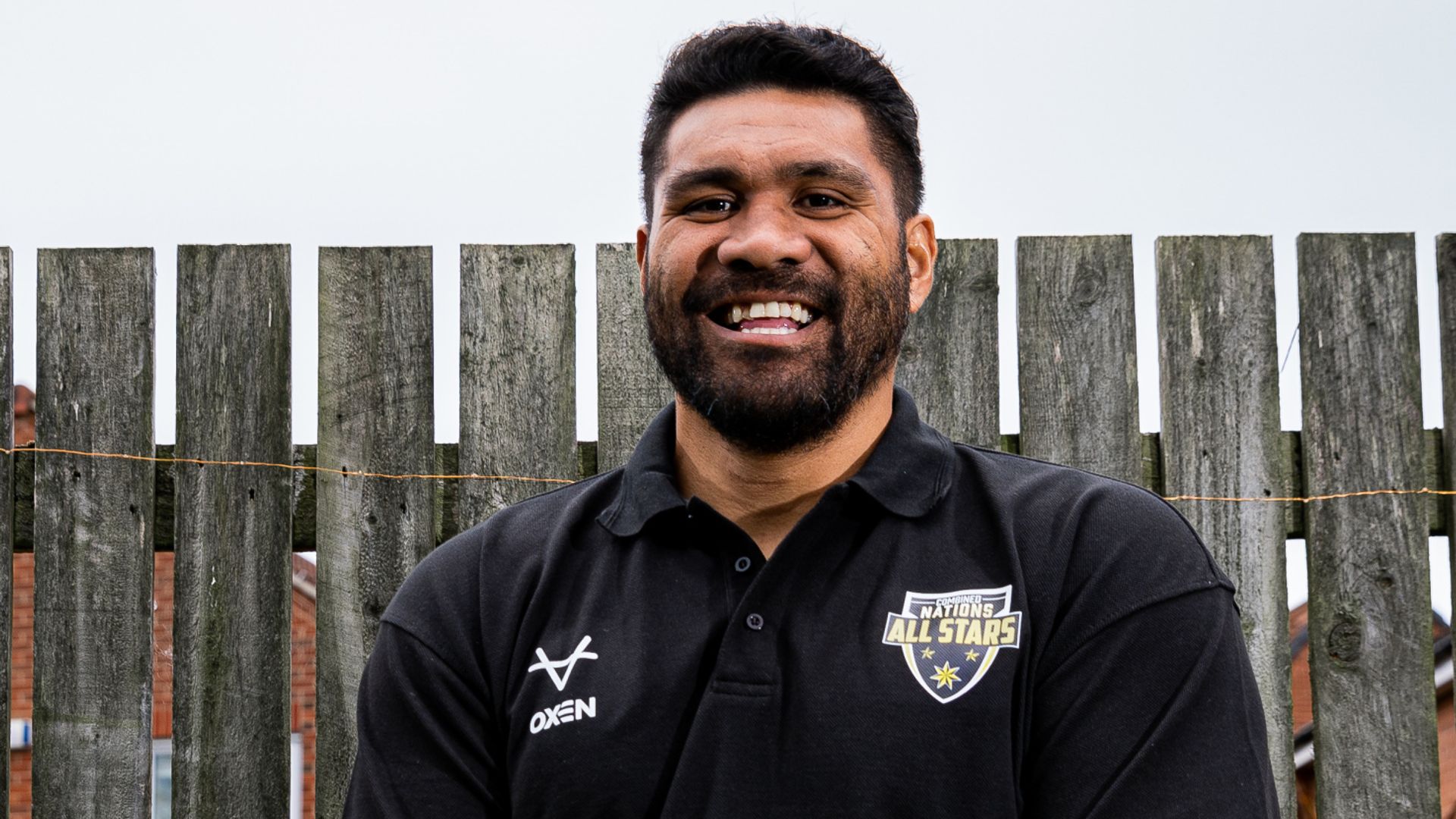How Education Helps Women Incarcerees Resist ‘Inhumanity’ of Prison
American prisons are profoundly inhospitable for incarcerated women — but prison education programs can help women on the inside resist the ‘inhumanity’ of incarceration, say Kathy Boudin and Judith Clark, two formerly incarcerated women now advocating for prison reform.

American prisons are profoundly inhospitable for incarcerated women — but prison education programs can help women on the inside resist the inhumanity of incarceration, say Kathy Boudin and Judith Clark, two formerly incarcerated women advocating for reform.
Boudin and Clark shared their experiences in prison — an environment they said most Americans are shielded from — during a webinar hosted this week by The Graduate Center at the City University of New York (CUNY).
Moderated by Michelle Fine, social psychology, women’s studies and urban education professor at the CUNY Graduate Center, the conversation centered on Boudin and Clark’s time at Bedford Hills Correctional Facility, a women’s prison in New York State.
Both women were imprisoned in Bedford Hills for decades for their involvement in the 1981 Brink’s robbery, an armed robbery carried out by members of the Weather Underground and Black Liberation Army.
Isolation Without Accountability
During her early years at Bedford, Boudin said she struggled to both endure the isolation of incarceration and come to terms with her involvement in the Brink’s robbery, which severed her connection to her son.
Boudin was a fugitive for 12 years before her arrest. At the time of her 1981 arrest, she was the mother of a 14-month-old baby. Her early days in Bedford only increased her anguish, she said.

Kathy Boudin. Courtesy Columbia University
“Trying to grapple with what had I done, I don’t think I was really ready to face that,” Boudin said. “In a sense, I felt as if I needed to rebuild myself on some foundation, because of the isolation of having been underground for twelve years.”
In the interim, she joined a softball team and worked to improve care for HIV-positive women. Throughout her sentence, she said she began to realize that the mechanisms of incarceration, including the legal system itself, discourage personal reconciliation.
“When people come into prison, they work with their lawyers, which is part of the adversarial system to minimize what their role is in whatever happened,” she said.
This silence around accountability prompted Boudin to create the “Coming to Terms” program, a group that encourages people to discuss the circumstances of their crimes and simultaneously “overcome the dehumanization of people in prison,” she said.
“I think [the program] was a way of saying, ‘we have accountabilities that we have to figure out,” she said. “How to talk about that: it’s not coming from the state, but it’s going to come from a circle of us doing that work.”
For Boudin, that meant grappling with the fact that her son Chesa, now district attorney of San Francisco, didn’t call her “mom.” Bernardine Dohrn and her husband Bill Ayers raised Chesa after the arrest of Boudin and her partner David Gilbert.
Boudin said that this coming-to-terms process doesn’t end after release.
“My son just had a son, she said. “I think what would it be like for all of us, when that child turns 14 months old, and how much that moment will take all of us back.”
Fighting Subjugation through Education
Clark, who was incarcerated in 1983, is still dealing with the effects of the carceral system. Released ten months before the COVID-19 pandemic, she said her re-entry experience has crystallized for her the immense roadblocks that formerly incarcerated people face.
“When I came out, I was 69 years old,” she said. “All the years that I worked inside did not count for Social Security, so I won’t be eligible for Social Security or Medicare until I’m 74 years old. Issues of medical care are major problems for [formerly incarcerated] women, even after women get good jobs and look for housing.”
During the panel, Clark remembered the early days of her incarceration, which she said were extraordinarily difficult. But a Mercy College program in which she enrolled early on helped her retain her humanity.

Judith Clark via Law.com
“I was going through a torturous struggle to try to come to terms with having left my daughter of a year old and still believing in my righteous politics and actions and at the same time — having to question the choices I had made,” Clark said.
“What was I going to do to try to put the pieces of my life back together in new ways? In that period, college was incredibly important to me.”
Following Clark’s graduation, she earned a master’s degree in an independent program and partnered with Boudin to develop a program addressing the AIDS crisis inside prisons. Clark, who currently works with Hour Children, an organization that provides housing and resources for women getting out of prison, has also researched the impact of incarceration on new mothers with young children.
Boudin said she hopes their work helps construct alternatives to incarceration.
“[The question] isn’t abstract abolition, because it’s not like, ‘oh let everybody out.’ That’s not the issue. It’s how can we create something that’s actually really quite different.”
While both women emphasized that women incarcerees face gender-specific psychological and physical anguish, they frequently mentioned the connections between the women they encountered in prison.
“There’s a culture of community and relationships that exists among women in prison,” Boudin said.
Eva Herscowitz is a TCR contributing writer.

 Landwebs
Landwebs 
























